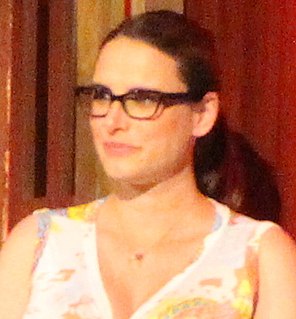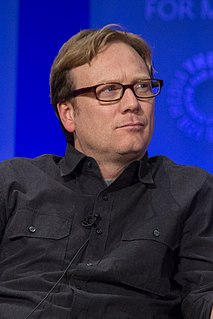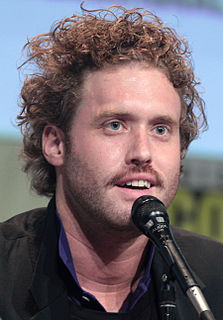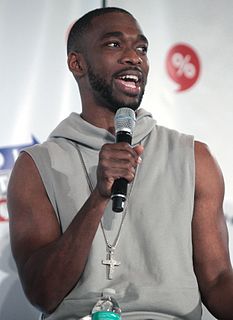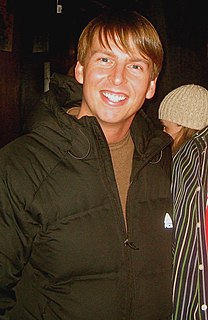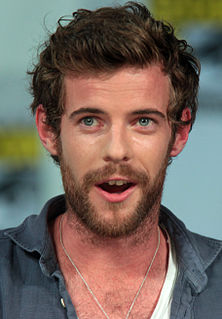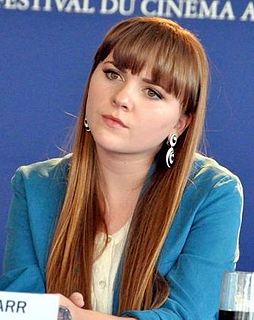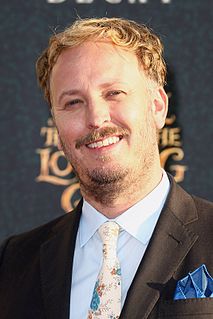A Quote by Jessi Klein
Basically, I was always very interested in comedy, but I was much more sort of academic. And then, after college, loaded with my art history degree, I decided to go work at Comedy Central as a temp.
Related Quotes
When I first got to New York, Comedy Central was the only place to go if you weren't on HBO or network. And then FX, Adult Swim, and other sort of ventures came up, and all of a sudden there were other places to go, and I think Comedy Central is making a concerted effort to become a place where smart, funny weirdoes can come and do their stuff.
I think I'm one of those guys who was sort of always in comedy. I thought of myself - and other people seemed to think of me - as funny from a very young age. I was a very young comedy nerd and I even did sketch comedy in high school and college. I wrote and shot sketches on video and acted in them.
I acted in high school and studied at the British American Drama Academy in Oxford for one summer. I minored in theater, and I was always acting growing up and stuff, but really, I was just more interested in the comedy of it all. So for me, it's always comedy, and then acting is just one medium of comedy.
It's very hard to find a good comedy. I prefer doing comedy far over anything else because I think they're actually more profound. But finding a good one and a great ensemble is very difficult to do and I'm delighted that in these particular times there is so much interest in comedy and that comedy is having so much success.
I was bad at sports and picked last every day. I couldn't quite figure out what my role was in the social order, so I decided I was interested in comedy. And what was then interesting was, nobody else was interested in it at all. I didn't find one friend who was interested in comedy until I moved to California and met other comedians. And suddenly I knew hundreds of people who knew as much about SCTV as I did. But it took me 20 years to find those people.
I had always drawn, every day as long as I had held a pencil, and just assumed everyone else had too…Art had saved me and helped me fit in…Art was always my saving grace…Comedy didn’t come until much later for me. I’ve always tried to combine the two things, art and comedy, and couldn’t make a choice between the two. It was always my ambition to make comedy with an art-school slant, and art that could be funny instead of po-faced.
Because I was familiar with Taika's Watiti work and there's a very subversive, funny streak amongst all of them. I don't think he turned [Hunt for the Wilderpeople] into a sort of drama, there's too much dark material underneath it for it to be a comedy; it wasn't designed to be a comedy. I think it's a comedy... I think it's a drama that's funny; which is different.
I love a good comedy, but the slapstick sitcom belly-laugh sort of comedy - the multicam thing - is not really where my interests lie. I'm very interested in single-cam, in intimate portraits. I like it when comedies have a little bit of realism and a little bit of darkness to them. It makes them more palatable and more relatable and grounded.
